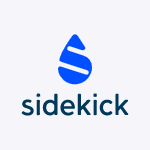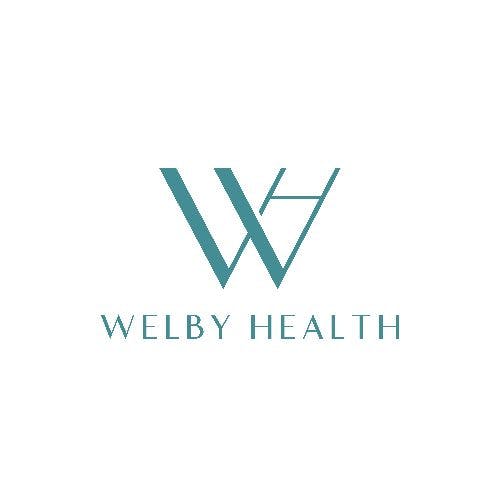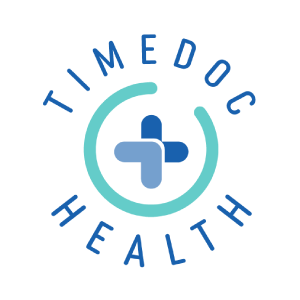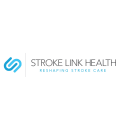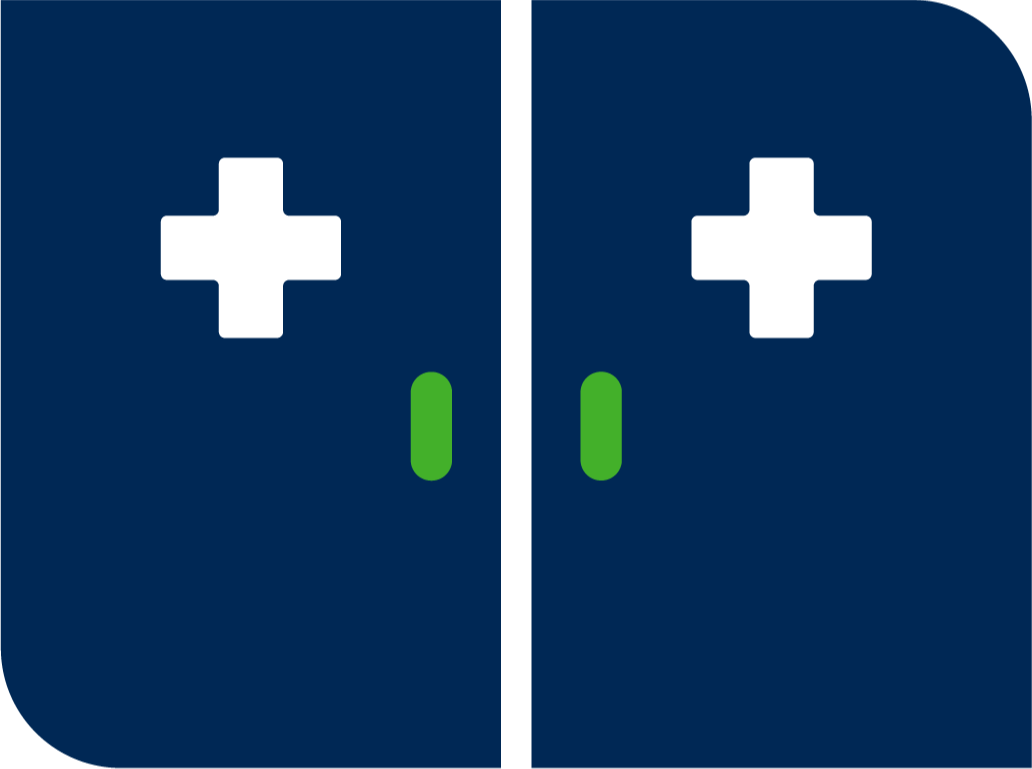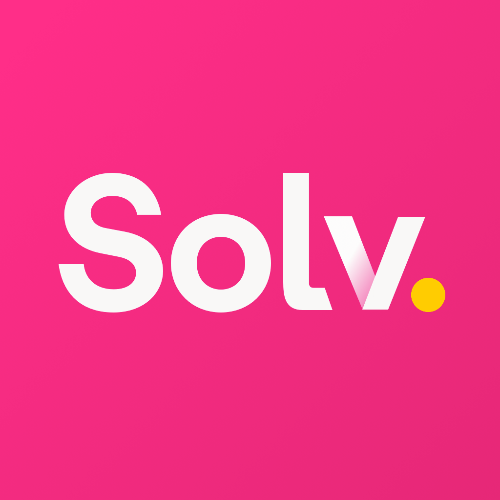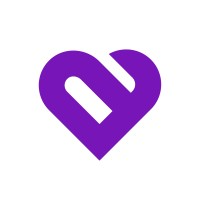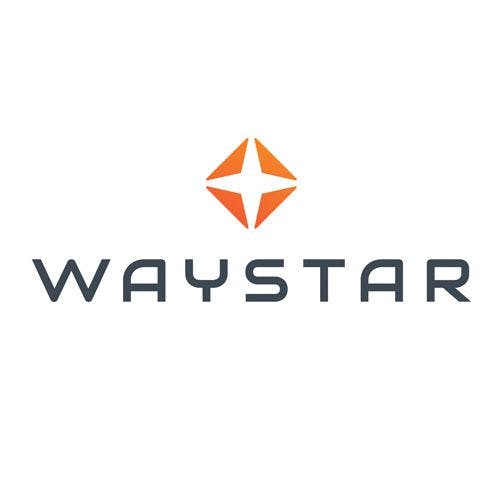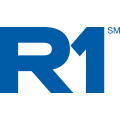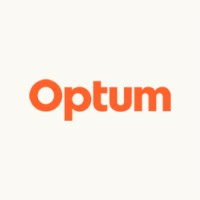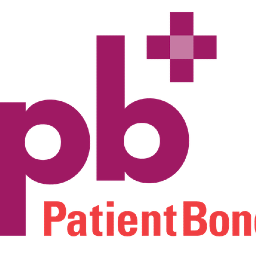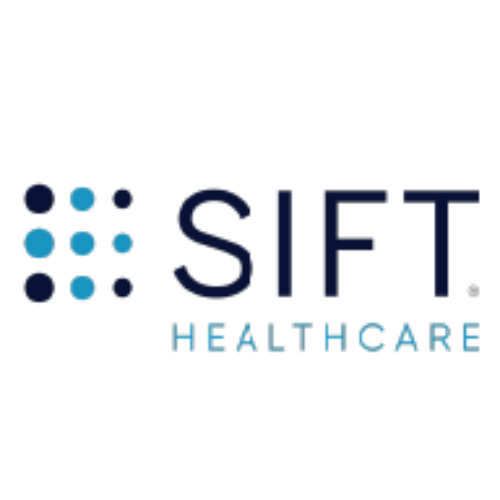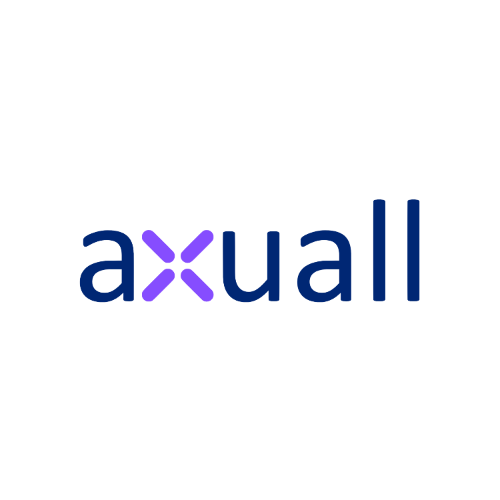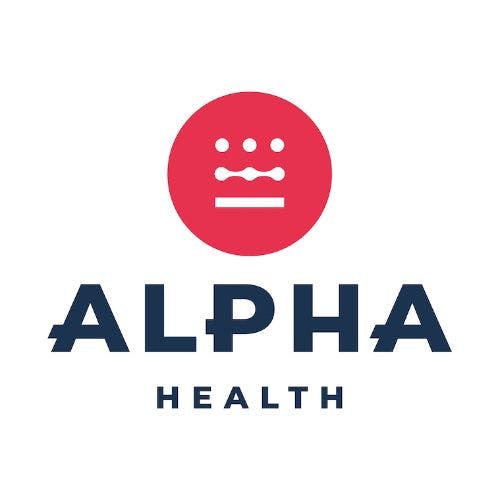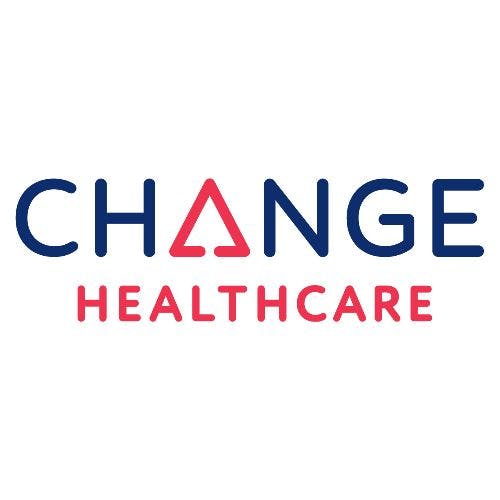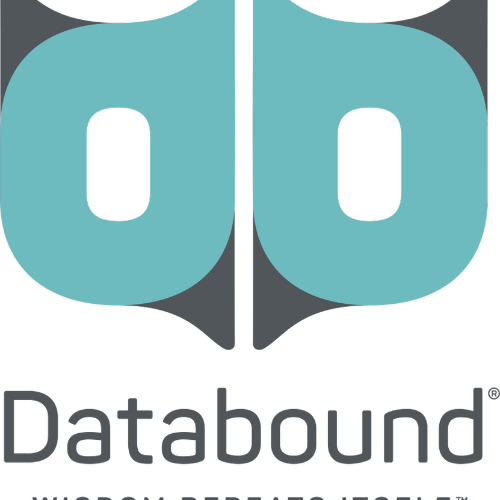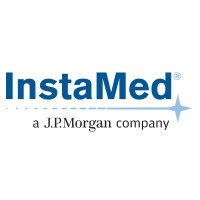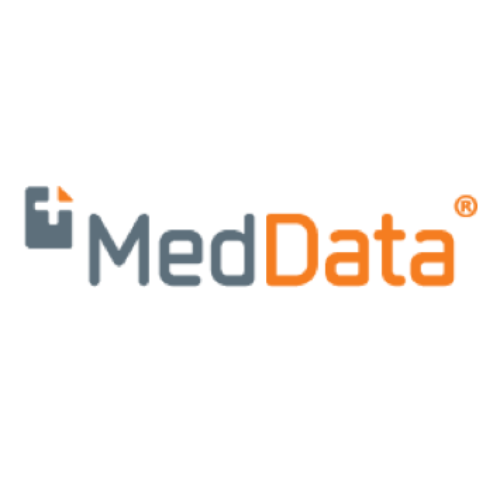Welby Health offers a comprehensive remote care solution that empowers primary care providers to deliver high-quality, continuous care for patients with chronic conditions. We go beyond simple remote monitoring by integrating Chronic Care Management (CCM), Remote Patient Monitoring (RPM), and Behavioral Health into a single, seamless platform, supported by a team of licensed nurses.
**Here's how our comprehensive approach works:**
- Chronic Care Management (CCM):** Our CCM program provides proactive, coordinated care for patients with complex conditions. Licensed nurses work closely with patients and their primary care providers to develop personalized care plans, provide education and support, and monitor progress. This includes medication management, coordinating with specialists, and addressing social determinants of health.
- Remote Patient Monitoring (RPM):** We leverage technology to collect and analyze patient data remotely, providing real-time insights into their health status. Patients use connected devices to track metrics like blood pressure, weight, and blood glucose, allowing for early detection of potential issues and timely intervention.
- Behavioral Health Integration:** We recognize the crucial link between physical and mental health. Our platform facilitates the integration of behavioral health services, enabling providers to address mental health concerns that can impact chronic conditions. This includes screening for depression and anxiety, providing access to behavioral health resources, and coordinating care with mental health professionals.
- HEDIS Score Improvement:** Our platform is designed to support HEDIS quality measures, helping providers track and improve performance in areas like medication adherence, blood pressure control, and depression screening. We provide tools and resources to help practices meet HEDIS reporting requirements and enhance quality scores.
**Benefits of Welby Health's Comprehensive Remote Care Solution:**
* **Improved Patient Outcomes:** Proactive care, early intervention, and coordinated care management lead to better health outcomes, reduced hospitalizations, and improved quality of life for patients.
* **Increased Efficiency:** Our platform streamlines workflows, automates tasks, and centralizes patient information, freeing up provider time and improving practice efficiency.
* **Enhanced Patient Engagement:** We empower patients to actively participate in their care through education, self-management tools, and convenient communication channels.
* **Increased Practice Revenue:** We help practices implement CCM and RPM services and bill for reimbursable activities, creating new revenue streams.
* **Value-Based Care Success:** Our focus on proactive care, prevention, and patient outcomes aligns with the goals of value-based care models, helping practices succeed in this evolving landscape.
Welby Health's comprehensive remote care solution empowers primary care practices to deliver high-quality, patient-centered care that improves outcomes, enhances efficiency, and drives success in the era of value-based care.



